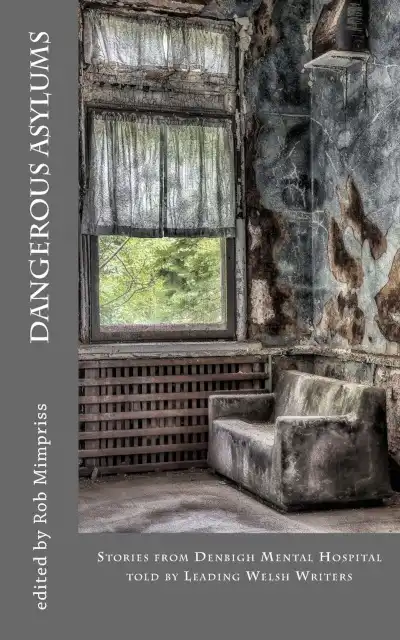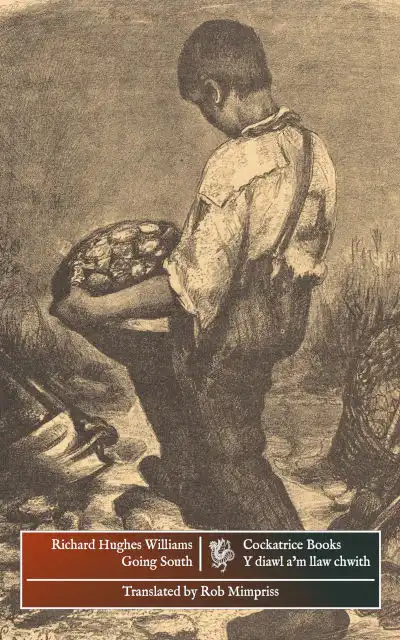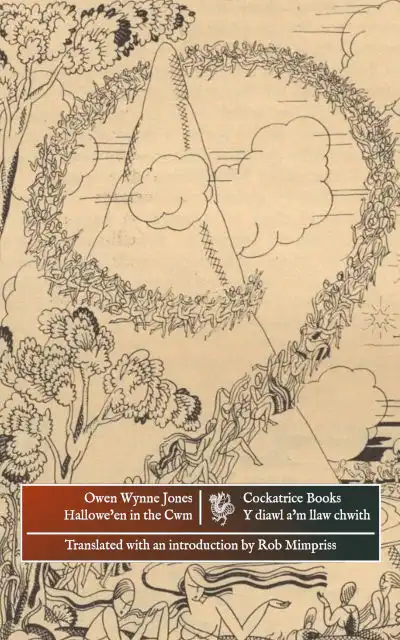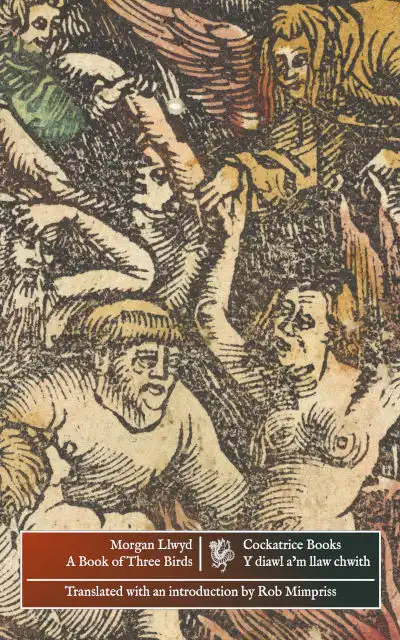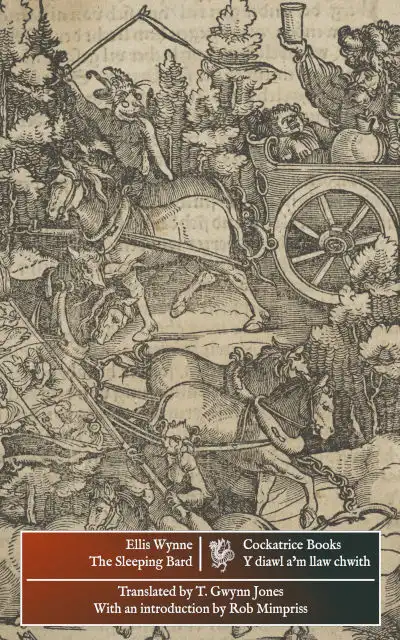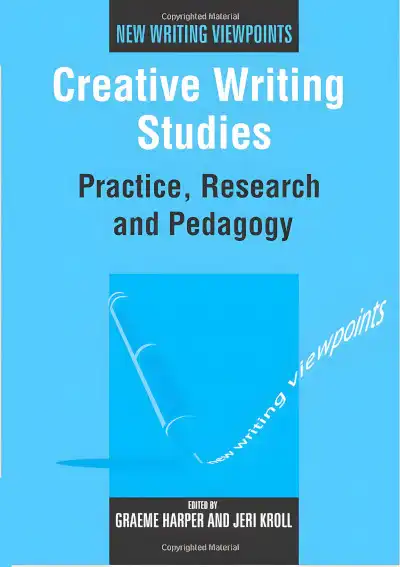Daniel Owen (1836-1895), the son of a collier killed in a mining accident, and the apprentice of a draper and Methodist elder, became a poet and short-story writer, and one of the first and greatest of Welsh-language novelists. His Fireside Stories were first published in 1895. Both the stories I have translated for this site demonstrate their anecdotal origins and Daniel Owen’s fascination with the collective life of the Methodist movement. Their particular themes of chapel discipline, and of reputations threatened by slander, figure in his major novels, Rhys Lewis and Enoc Huws.
Did I know James Lewis? Indeed I did, said my Uncle Edward. And I will never think of him without some note of sadness coming over my spirit. He was an extraordinary man. His parents were Methodists, and James was an only child. Dafydd Lewis kept a grocer’s store. The shop was only small, and although Dafydd worked hard, and was respected by his neighbours, it was a daily struggle for him to make ends meet.
Although he was only a lad, we were accustomed to look up to James Lewis as someone who owned more talent than all the rest of us local boys put together. He was so bright a lad that many predicted that his wits would not survive into adulthood. At four years old, he could recite Bible verses and poetry to the astonishment of all who heard him. Naturally his mother and father thought the world of him. To his father’s credit, he gave the best schooling he could to James, such schooling as there was in those days. I heard my father say many times that he was sure that Dafydd was going without to give Jim bach, as he was called, an education. And so it is strange, and sad, how things turned out.
You must have seen how people, and quite good people too, criticised Dafydd Lewis. Some said it was all his pride, others that was leading the boy to the gallows by giving him so much schooling, and others, spitefully enough, that keeping a shop must pay well. They little knew that Dafydd had to borrow money from my father repeatedly to pay the rent, and that this was because of the cost of James’s schooling. But this was the fact: so foolish and envious were some that they would never go to Dafydd Lewis’s shop to spend a penny if they could help it.
However much it was predicted that James the Shop would lose his wits, the lad continued to grow and excel. He was unequalled as a learner, but his particular ambition was to speak English well, and that was a mark of great scholarship in our district. Indeed, hearing James at ten years old, speaking in English quickly and freely, we boys looked on him as some second Dic Aberdaron. Books were a rarity in our district; but when James called at some neighbouring house, and some book there that he had not read, such was people’s envy that they would refuse him the loan of it. And so the boy took to borrowing without asking, and word spread that he was a book thief. But he only turned thief to sate the hunger of his mind. James finished his schooling, and was set to help his father in the shop, though perhaps he did more reading than helping. He would never refuse anyone credit, and so many relied on their account at the shop, it was said.
As a talented lad in general, he was full of boasting and good-natured mischief. Hence the deacons watched him with a frowning vigilance. At the time there was a fashion for seiat meetings for children, though looking back on those meetings I must confess that the main purpose of Pitar Bellis, the man who ran the children’s seiat, was to keep James Lewis down. He stopped him from reciting many verses or passages from sermons – dragging James down to the level of the other children, when he could have lifted them to the same level as James. When I think about Pitar Bellis’s hateful remarks, it astonishes me that that the lad attended at all. ‘Less of your cheek, lad. Don’t be so quick to repeat the sermon, will you? Stop answering my questions; wait until you’re asked.’ Words like that were the kindest remarks poor James was subjected to. It was a long time before he was accepted as a full member of the seiat, when younger children as dull as a gatepost had been members for some time, although the biggest complaint they had against James was that he curled his hair on his forehead with oil. At the time this was considered a greater crime than not to have read the Hyfforddwr. James could recite the Hyfforddwr from end to end; he was a kind and honourable lad; but that counted for nothing with the older brethren. He had a QP, and too much lip, as Pitar Bellis said. And as if out of shame, to see him grown so tall, they accepted him in the end.
James began a meeting for the young boys, and although nothing worse took place there than public speaking, reading and competitive narrating, the elders soon put a stop to it. But we held many secret meetings in Dafydd Lewis’s warehouse, where we not only had reading and public speaking, but occasional sermons by James, sometimes in Welsh and at others in English. We thought more highly of the English sermons, since we did not understand them. And to make a long story short, the rumour got out that James could preach rather well, as indeed he could. A few chapel members were of the opinion that James was a born preacher: he was witty, well read, and careful of his appearance, and his character was immaculate. When he was about eighteen years old, some tried to put his name forward, and not without his wholehearted approval. But there was no chance that the old fathers in the set fawr would give their consent. The matter needed further consideration, they said. And so they left James for about two years, looked upon as able to preach, but unable to get his license.
At that time the Welsh Congregationalists had a young minister – an agreeable man, and more educated than was common among preachers. He and James became friends, and before long James requested permission to join the Congregationalists. It was an eye-opener for our Methodist church. The elders realised their mistake, but it was too late. I remember well that some of us, his closest companions, were overcome by our feelings at the news that our witty, kind-hearted old friend was leaving us, and we were not slow to condemn the older brethren amongst ourselves. In a few weeks James was preaching with the Congregationalists in Welsh and English, it made no difference to him which, and he was spoken of throughout the country as one of the most promising young men the denomination possessed. Thus things continued until an English Congregationalist family came from London to the area for a month for their health. They heard James preach, and were enthralled by him. Within a few months of the family’s return, James was invited to London, to preach on supply, as it was said. He went, and settled there. Not long after after this, we heard that he had been established as the minister of a flourishing church, that he was happy in his appointment, and was doing well.
Twenty years went past, and in this time we heard occasionally about James’s success and popularity. But one day, who did we see in his old neighbourhood but James. He looked respectable, but there was something different about him from the lad we had known before. He was sombre and taciturn, clearly the result of some distressing experience, so nobody probed him about it. In due course it became apparent that he had no plans to go back to London. By now his parents had been dead for some time, but as it happened, their shop was still empty, and we were greatly surprised by the news that James Lewis had taken it on, and was opening it at once. He attended the Congregationalists’ chapel on the Sabbath, but we understood that he had declined a place in the Fellowship – the seiat, as we would call it. His relationship with the minister, who had called him to preach, was still friendly, and it was widely believed that Mr Price alone knew why James had abandoned the ministry and begun again in business, despite widespread speculation.
There was not much business in the shop, though James showed no signs of want. Things went on this vein for some time, and I resumed my friendship with James and called on the shop from time to time. I avoided asking why he had left London, for I knew that he had declined to tell a number of people. I was in the shop one night when James was closing the shutters, and for the first time since his return he invited me into the house. We were old friends, on quite familiar terms with each other. We chatted about old times for a while, and eventually I ventured to ask him why he had abandoned the ministry. He looked at me as though he had been shot, and then he put his head in his hands on the table, and gave himself over to tears. I saw I had hurt him, and regretted my question. After he had composed himself, he answered like this, as well as I can recall:
‘Edward, you and I are old friends, and I know, since I ask, that you won’t repeat what I’m going to say while I live – you can say what you like after that. So you don’t think it is something worse, I’ll tell you the story in brief. You know I was established in quite a strong church in London. At the start I was very anxious that I prove myself worthy of the task. I worked hard and tirelessly, early and late, and soon I felt that God had blessed me and was smiling on my labours. The church and its congregation grew. There was six deacons there: good, gracious men, and easy to live with; and we worked together extremely well. So things went for some time without a hitch.
‘One of the members of the church was a woman the same age as myself, wealthy and influential. This woman had everything except physical beauty. She seemed the most religious of us all, never missing the means of grace, either on the Sabbath or during the week. She constantly cared for the poor, and some of them owed her half their living. She was our Dorcas. She contributed to the ministry and other causes as much as a dozen of our most generous members, and there was no end of her kindness to me, the minister. In addition to that, she was educated and highly intelligent. You can easily believe the influence she exerted on the church. Indeed, we could not have imagined starting any new project without first seeking the advice of Miss Perks (that was her name), not least because the project would be reliant on her purse, and she would never begrudge it. She was saintly, or so we believed, as well as rich.
‘As minister, I was expected to visit every church member in turn, but naturally, as you can imagine, I fell into the habit of calling on Miss Perks far more often than on anyone else, since I could spend an hour or two in her company to my own advantage. She would often have some new book in the house, and once she had read it, she would make a gift of it to me. I thought more highly of her than of anyone else. This continued for eleven years, and everyone knew that I was often calling on her, more often than I should have, perhaps.
‘Twelve years after I became her minister, Miss Perks began to rail me for being unmarried; I replied that I had no time to think about it. She began to tease me every time I called on her, until I grew tired of the joke, and began to call less often. One day she invited me to her house for tea, and I went, since it was not wise to refuse Miss Perks. After tea she said to me, with some feeling, that she wanted me to be her husband, and would not accept refusal. I was shaken, since although I thought highly of her, the last thing on my mind was the thought of marriage. I told her that I was most grateful for her kind proposal, but I had no plans to marry. She replied that it was high time I made such plans, and the conversation ended there.
‘The next time I called on her she raised the subject again, told me the extent of her property, and said she would give the whole of it to me if I consented to marriage. I changed the subject, doing my best to laugh it off, although I felt no amusement, and left as soon as I could. The third time I called on her, she raised the subject again, and I told her that if she persisted, I would have to give up seeing her. She replied that she persist until I listened. I stopped visiting her. By this time I was in a pitiable state, and you can imagine the effect on my preaching. I was deeply uneasy, and I could not concentrate on preparing my sermons – Miss Perks was in her seat in the chapel before my mind’s eye constantly. I could not think what to do. I longed to be called to another church, which had asked me to be their minister more than once before I was ready. One evening I was surprised to see all six deacons in the church meeting – a rare treat, for they were busy men, full of worldly matters. After the meeting, in the vestry room, I saw in their faces that something was wrong, and without telling you in detail, they said they had received a serious complaint against me. Miss Perkins had informed them that on more than one occasion I had behaved improperly to her, entirely unbefitting a minister of the Gospel, and of course they could not doubt Miss Perks’s word.
I was greatly astonished, and there was something in my throat, so that for a moment I could make no answer, and I was shaking like a leaf. I was furious with myself, for I knew that they would see these signs as proof of my guilt. When I came to myself, I explained what I have just told you. But I could see that they did not believe me, and they said that my account was contradicted by Miss Perks’s, whom they had known for thirty years. The oldest deacon – the wisest and best of them – said that they had discussed the matter amongst themselves, and that the best thing for me, for the Gospel, and for the church, was for me to resign at once: it had pained them greatly to reach this conclusion, but that they had to consider Miss Perks’s feelings. After much talk, after many protestations of innocence on my part, I shook hands with each of them, and not one of them was unmoved. I hurried to my lodgings like a man driven insane, and travelled home the next day. You can imagine my state of mind during all this. But I pray day and night that God will clear my name, in the hope that He will, perhaps even after I have vanished from this earth. Nobody here knows this story except Mr Price, the Congregationalist minister, and he has implored me many times let him look into the case, but I have stopped him. Keep this under your hat for now.’
James’s confession drew us closer in friendship. A little less than three years I called at the shop one day, and the lad said that Mr Lewis was away for a few days. Before the end of the week I received a message asking me to call on him. He was in good spirits, and visibly excited. He showed me a document relating the deathbed confession of Miss Perks, that she had told a blatant lie about her ‘dear minister.’ When that vixen drew near to death, she felt the heat of the eternal fires of hell, and begged the deacons to send for James Lewis. She made her confession before James and four of the deacons, and almost with her last breath, tried to make him accept money for his injury, but he scorned her offer. Yet James told me that he had forgiven her, and prayed at her bedside for God to forgive her also. Miss Perks died the next day, and James came home with honour and without stain on his conscience. But his troubles had affected him so profoundly that he too died before long. And that is the story of James Lewis for you, one of the most talented men I have ever seen, and the story is as true as the Pater Noster, said my Uncle Edward.




